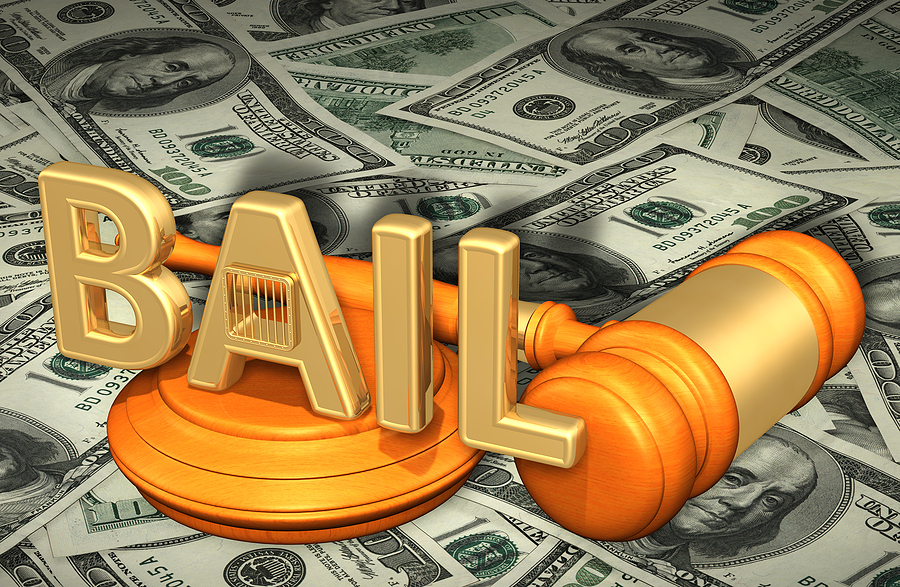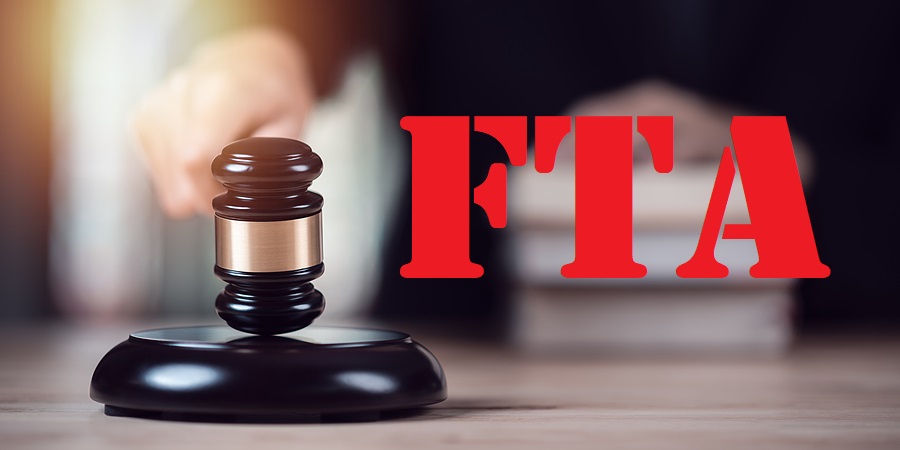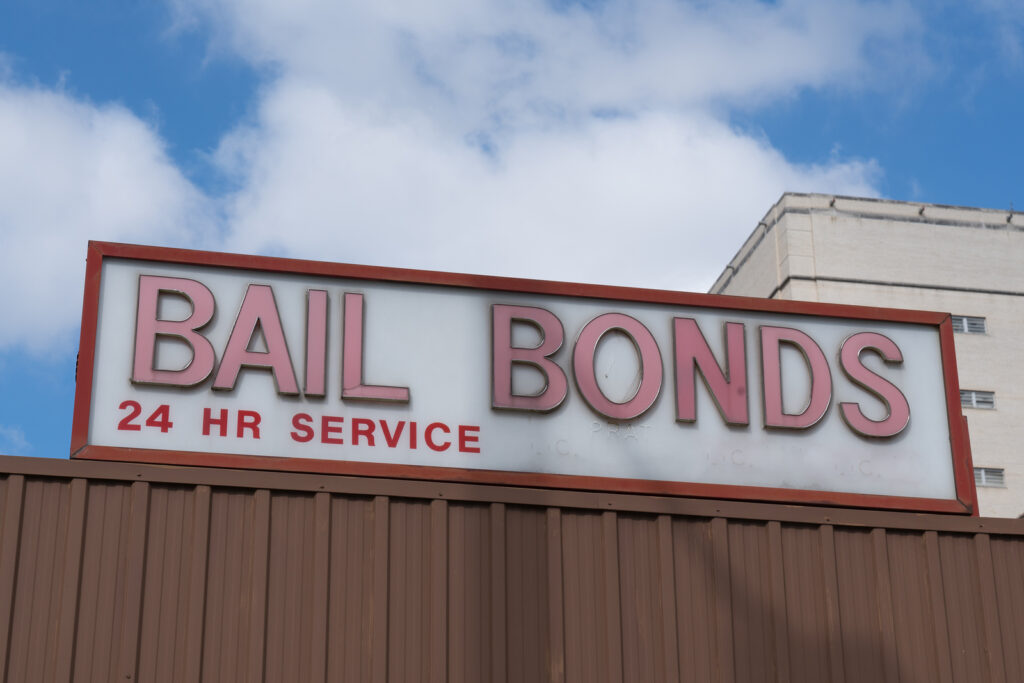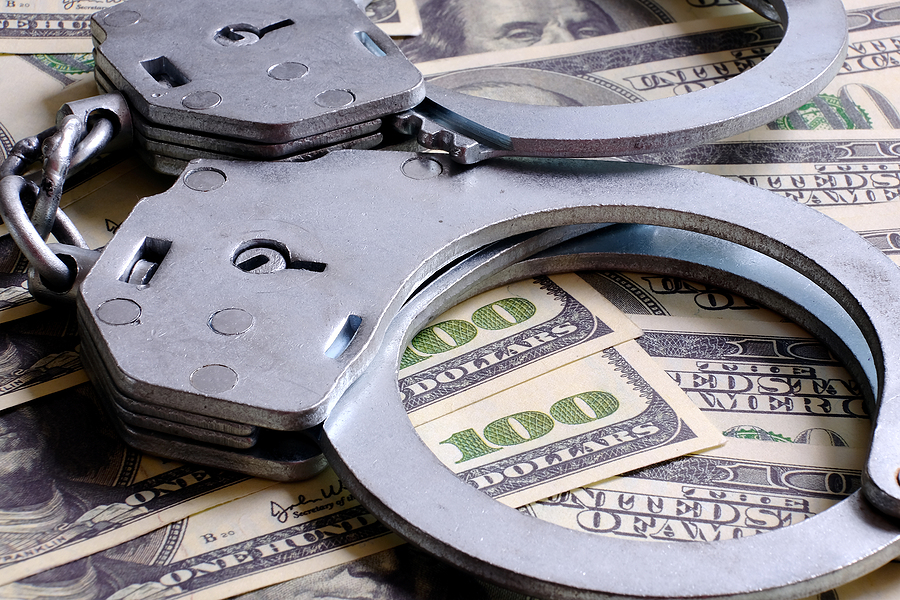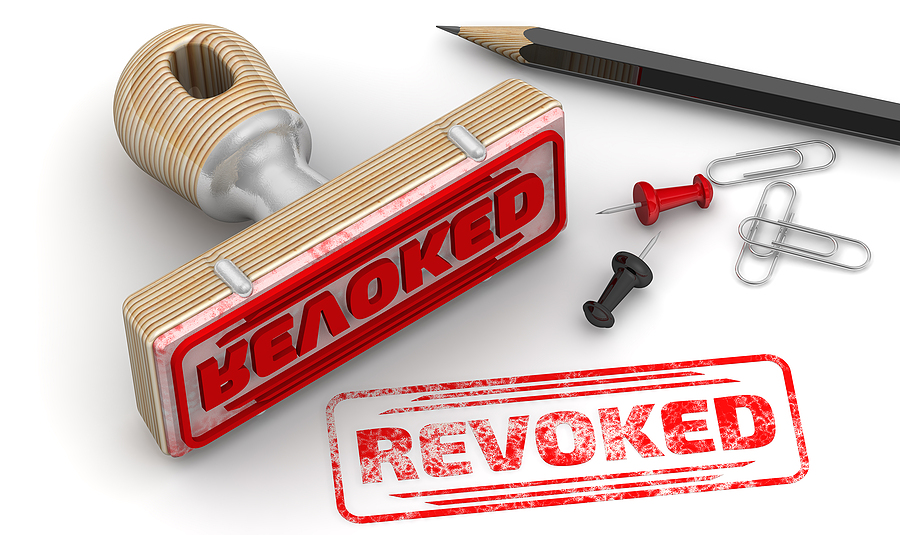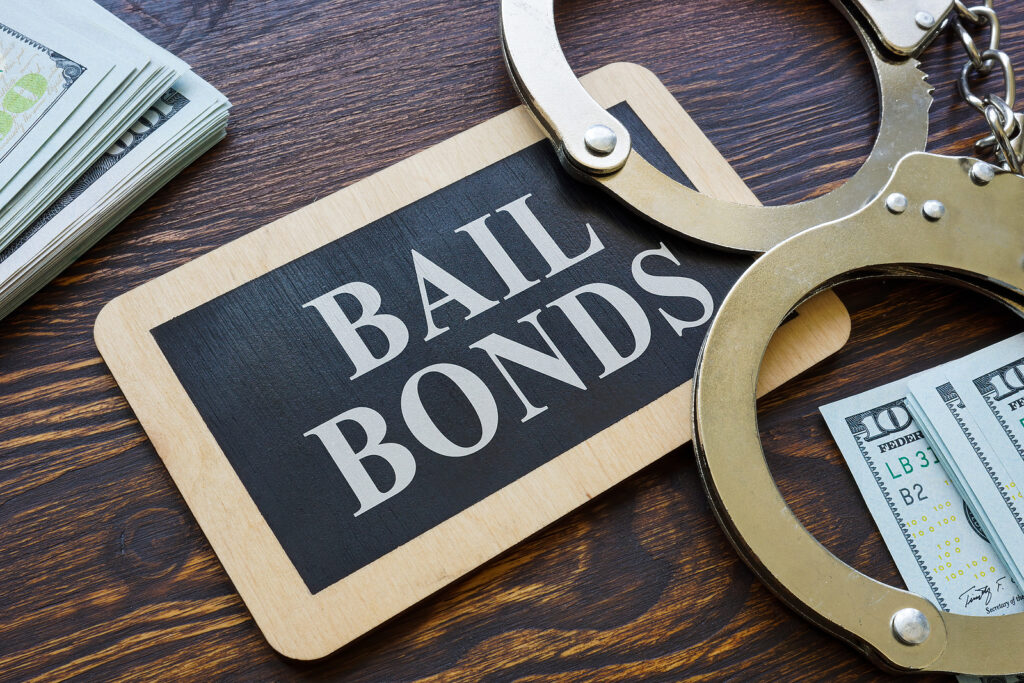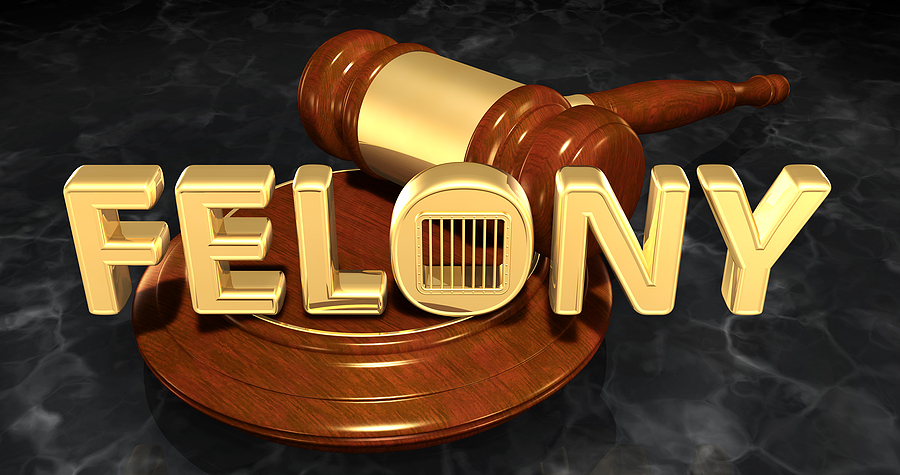When the unexpected happens, and you or a loved one finds themselves needing bail, the weight of the situation can feel overwhelming. It’s a moment filled with stress, urgency, and a multitude of decisions that need to be made quickly and wisely. Among these decisions, choosing the right bail bond company is paramount. It’s not just about finding someone who can post bail; it’s about finding a reliable partner in a moment of crisis.
A trustworthy bail bond company acts as a beacon of hope, guiding you through the legal labyrinth with expertise and empathy. This blog aims to highlight the vital elements to look for in a bail bond service, ensuring you have the support and reliability you deserve during such taxing times.

What to Look for in a Reputable Bail Bond Company
Transparency
Transparency is the cornerstone of any healthy relationship, and this applies to your partnership with a bail bond company as well. It starts with clearly outlining their fees, which should typically be around 10% to 15% of the total bail amount. Any additional charges or hidden costs should be disclosed upfront so that you are not caught off guard later on. You should also be informed of any collateral requirements and how they will be handled in the event of a defendant’s failure to appear in court. A trustworthy bail bond company will always maintain open and honest communication, providing you with all the necessary information to make informed decisions.
24/7 Availability
Legal emergencies don’t adhere to a 9-5 schedule, and neither should your bail bond company. Look for a service that offers around the clock availability, including weekends and holidays. This ensures that you have access to support whenever you need it, without any delay or added stress.
Reputation
When researching different bail bond companies, pay attention to their reputation in the industry. Look for reviews and testimonials from previous clients, and ask for recommendations from friends or family who may have had a positive experience with a bail bond service. A reputable company will have a track record of success in helping their clients navigate the legal system and secure their release.
Professionalism
A trustworthy bail bond company will have a team of knowledgeable and respectful staff who are dedicated to helping you during this difficult time. They should be able to answer all your questions and address any concerns with patience and empathy. Professionalism also extends to their handling of confidential information, ensuring your privacy is protected at all times.
Additional Services
Aside from simply posting bail, a reliable bail bond company may offer additional services to support their clients. This could include court date reminders, transportation assistance, or referrals to legal resources. Going above and beyond in this way shows a commitment to the well-being and success of their clients.
Conclusion
Selecting a bail bond company is not a decision that should be taken lightly. It requires careful consideration and research to ensure you are partnering with a trustworthy and reliable service. Remember to look for transparency, 24/7 availability, a good reputation, professionalism, and additional services when making your decision. By choosing a bail bond company that embodies these qualities, you can have peace of mind knowing that you are in capable hands during this challenging time.
Investing the time and effort into finding the right bail bond company is an essential step in securing your or your loved one’s release and navigating the legal system successfully. Trust matters, and by choosing a reputable bail bond company, you can have the support and reliability you need during this difficult process. So, when faced with an unexpected legal situation, remember to prioritize transparency, availability, reputation, professionalism, and additional services when selecting a bail bond company that you can rely on.
If faced with an unexpected legal situation, remember to prioritize transparency, availability, reputation, professionalism as top agency credentials. Contact Uptown Bail Bonds at 317-919-2489 for the fastest and most affordable arrest warrant bail bonds in Hamilton County, Indiana. We operate 24 hours a day and 7 days a week!
Related Posts:
Top Tips for Taking Out a Bail Bond in Noblesville Indiana
Using Collateral for Bail Bonds: A Comprehensive Guide
Decoding Bail Bond Fees: What to Expect in Indiana



